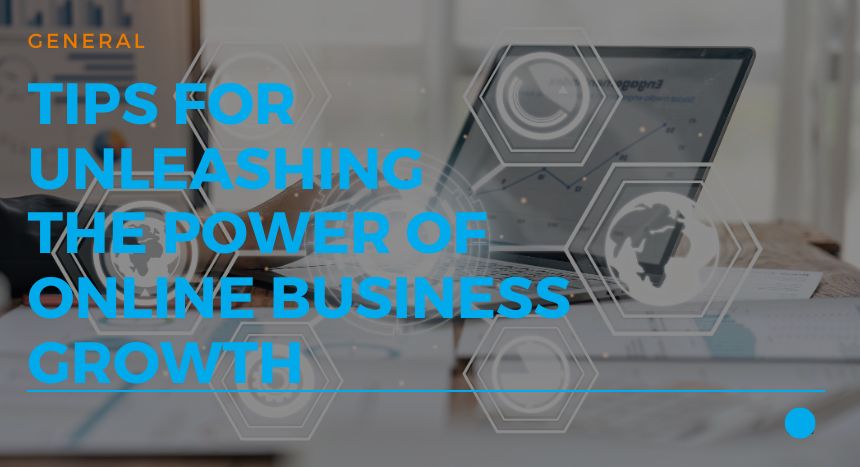- Elevate Your E-commerce Venture with Advanced Business Education
- Building a Strong E-commerce Foundation
- Mastering Legal Compliance in E-commerce
- Using Social Media for E-commerce Growth
- Navigating E-commerce Trends for New Entrepreneurs
- Building Trust with Effective E-commerce Strategies
- Leveraging Data Analytics for E-commerce Success
- Conclusion
- Art Holaus
Elevate Your E-commerce Venture with Advanced Business Education
Starting an e-commerce business in your 20s or 30s offers both excitement and challenges. Success depends on mastering strategies and gaining a deep understanding of market dynamics. A mix of learning, technological skills, and trend awareness is key to navigating this space. Strong attention to customer needs can help create a business that stands out. The competition is fierce these days, but effective planning and careful execution can lead to extraordinary outcomes.

Investing in an advanced business degree can significantly enhance your entrepreneurial skills. Whether you choose to study marketing, business, communications, or management, you’ll gain valuable insights that can help your business thrive. These programs often offer the flexibility of online learning, making it easy to manage your business while pursuing your education. Moreover, an advanced degree can boost your earning potential, as highlighted by the impact of a business degree on employment. By expanding your knowledge base, you lay a strong foundation for your success.
Building a Strong E-commerce Foundation
A solid e-commerce foundation begins with mastering supply chain and inventory management. Efficient systems reduce costs and enhance customer satisfaction by ensuring timely and accurate order fulfillment. Utilizing cloud-based solutions provides real-time visibility, allowing you to adapt quickly to changes and collaborate effectively with partners. This transparency helps avoid bottlenecks and fosters customer loyalty, empowering you to consistently meet and exceed expectations.

Mastering Legal Compliance in E-commerce
Understanding the legal landscape is vital to avoid pitfalls that could harm your business. Non-compliance can lead to fines and reputational damage, as noted by Shaun Jamison from Purdue Global Law School. Designing your website and processes to comply with regulations from the start is more cost-effective than making adjustments later. For industries like pharmaceuticals, adhering to guidelines from authorities such as the FDA is crucial for maintaining public trust. Proactively addressing legal requirements protects your business and enhances credibility with customers.

Using Social Media for E-commerce Growth
Social media enables brands to connect with customers and foster a sense of community. Large platforms provide ample opportunities to reach broader audiences. A thoughtful strategy involving interactive content such as polls or live Q&As helps keep audiences engaged. These efforts improve customer experiences while driving traffic and increasing sales. Building loyalty through these connections can have lasting benefits for your brand.

Navigating E-commerce Trends for New Entrepreneurs
Staying attuned to emerging trends is essential for thriving in e-commerce. Tools like Google Analytics and CRM systems provide insights into customer behaviors, helping you identify which trends are gaining momentum. Innovations such as augmented reality and voice search are transforming consumer interactions, presenting new engagement avenues. Embracing these trends aligns your business with customer expectations and positions you at the cutting edge of innovation. Regularly updating your strategies based on reliable data is crucial for sustained growth.

Building Trust with Effective E-commerce Strategies
Establishing trust and loyalty requires prioritizing exceptional customer service. Practices like prompt communication and clear return policies enhance customer confidence. Offering features like free return shipping eases concerns about purchases, boosting conversion rates and differentiating your business. Balancing a hassle-free return policy with preventing return abuse is key to maintaining profitability.

Leveraging Data Analytics for E-commerce Success
Utilizing data analytics can significantly enhance your shipping efficiency and logistics strategy. By examining shipping data, you can identify trends impacting delivery schedules, allowing you to adjust pricing and scheduling effectively. Integrating predictive analytics with real-time tracking technologies refines delivery predictions, even amid disruptions. Embracing a data-driven approach optimizes logistics operations and positions your business for sustained growth. For more insights, explore this comprehensive guide.

Conclusion
In the ever-evolving world of e-commerce, success hinges on strategic planning and execution. By investing in education, honing essential skills, and embracing technological advancements, you can create a business that not only competes but excels in the digital marketplace. The journey may be challenging, but with determination and the right strategies, your e-commerce venture can achieve lasting success.
Discover the power of a robust online presence with Just IT Hosting and transform your business with a cutting-edge website and e-commerce solutions today!

Art Holaus
https://bizhelppro.com/Art Holaus created BizHelpPro to be the place where helpful resources meet execution. Growing businesses is in Art’s blood. He comes from a long line of entrepreneurs. He has learned a lot from his parents and grandparents and his own journey about business ownership. With BizHelpPro, he hopes to share some of his knowledge and recommend great resources.

